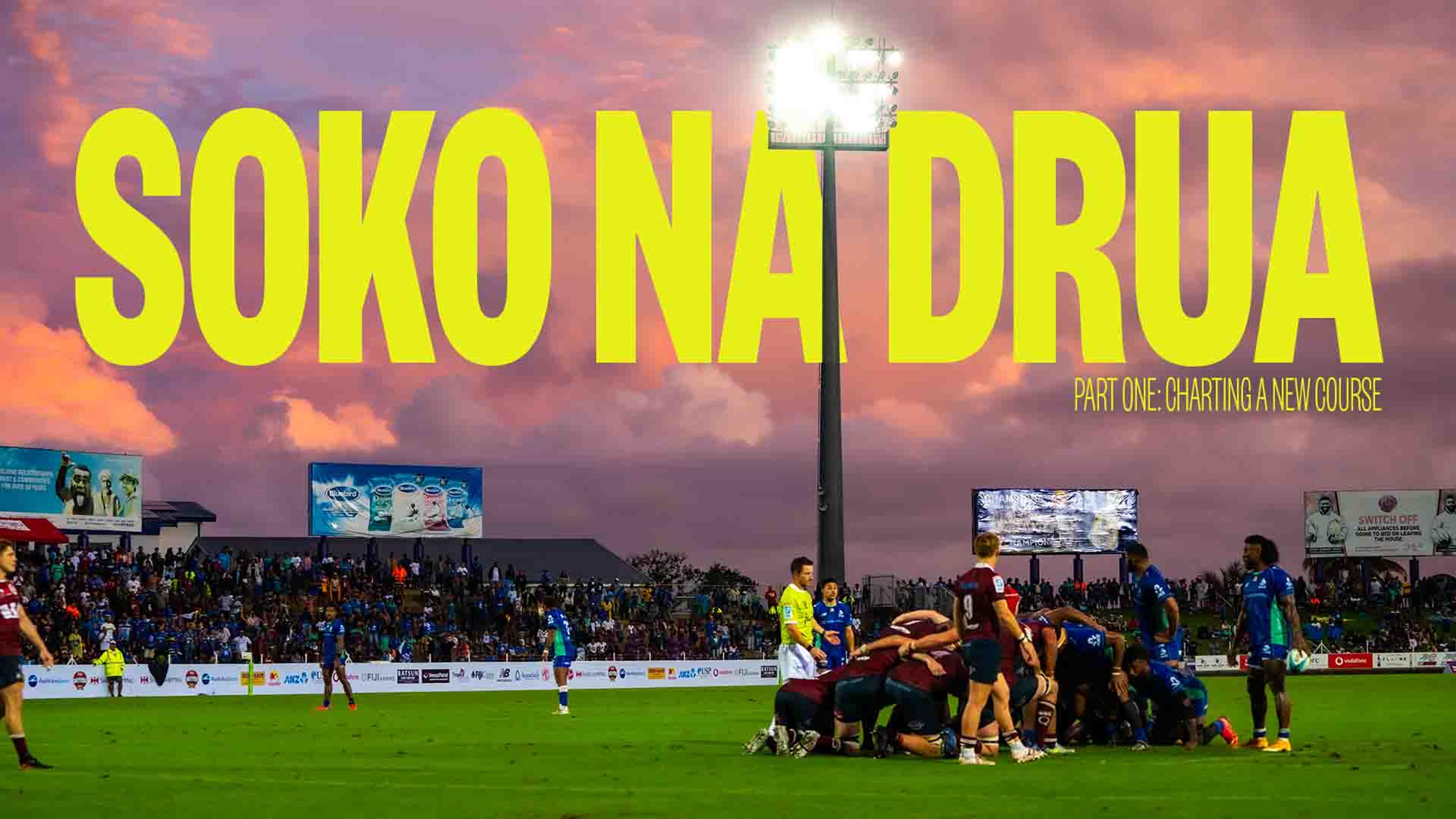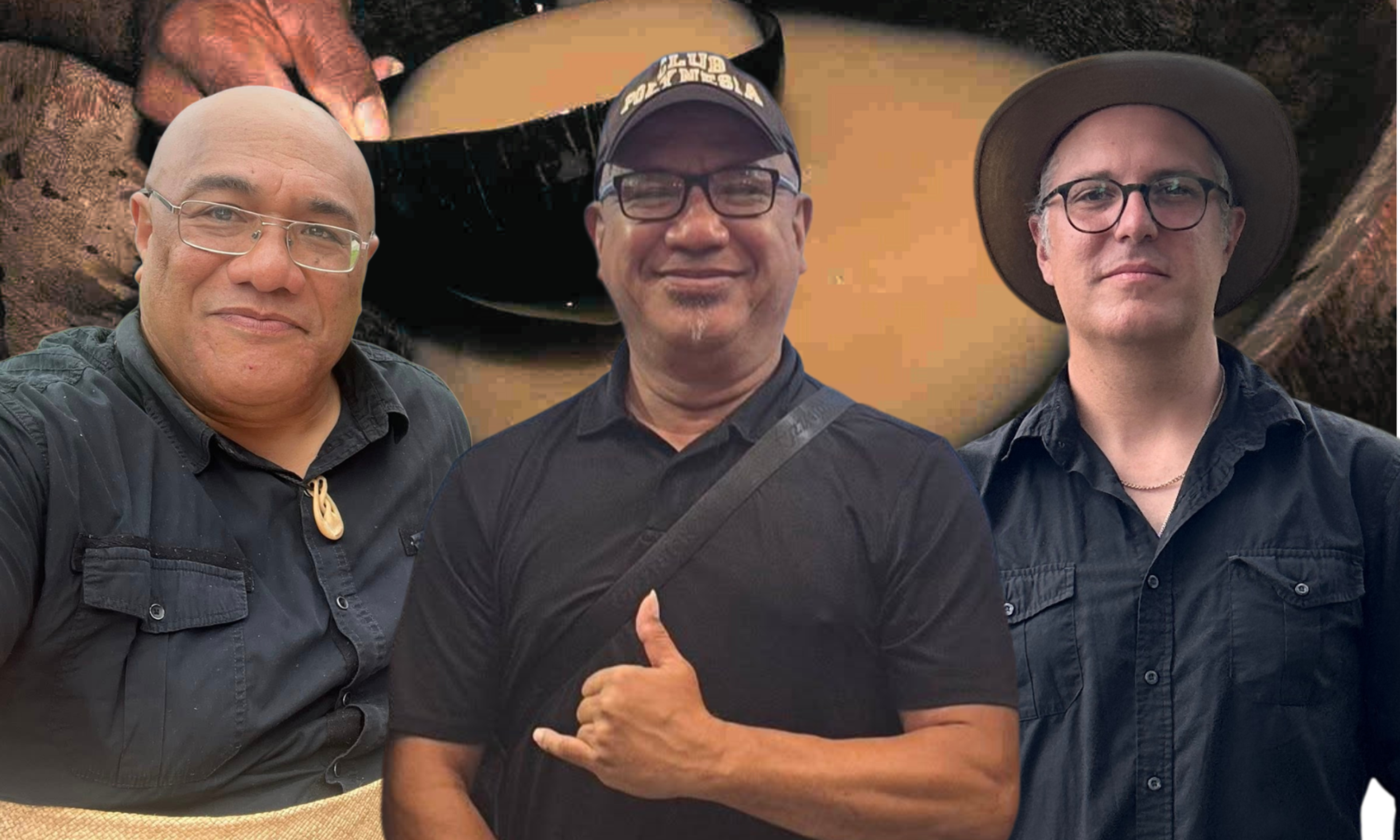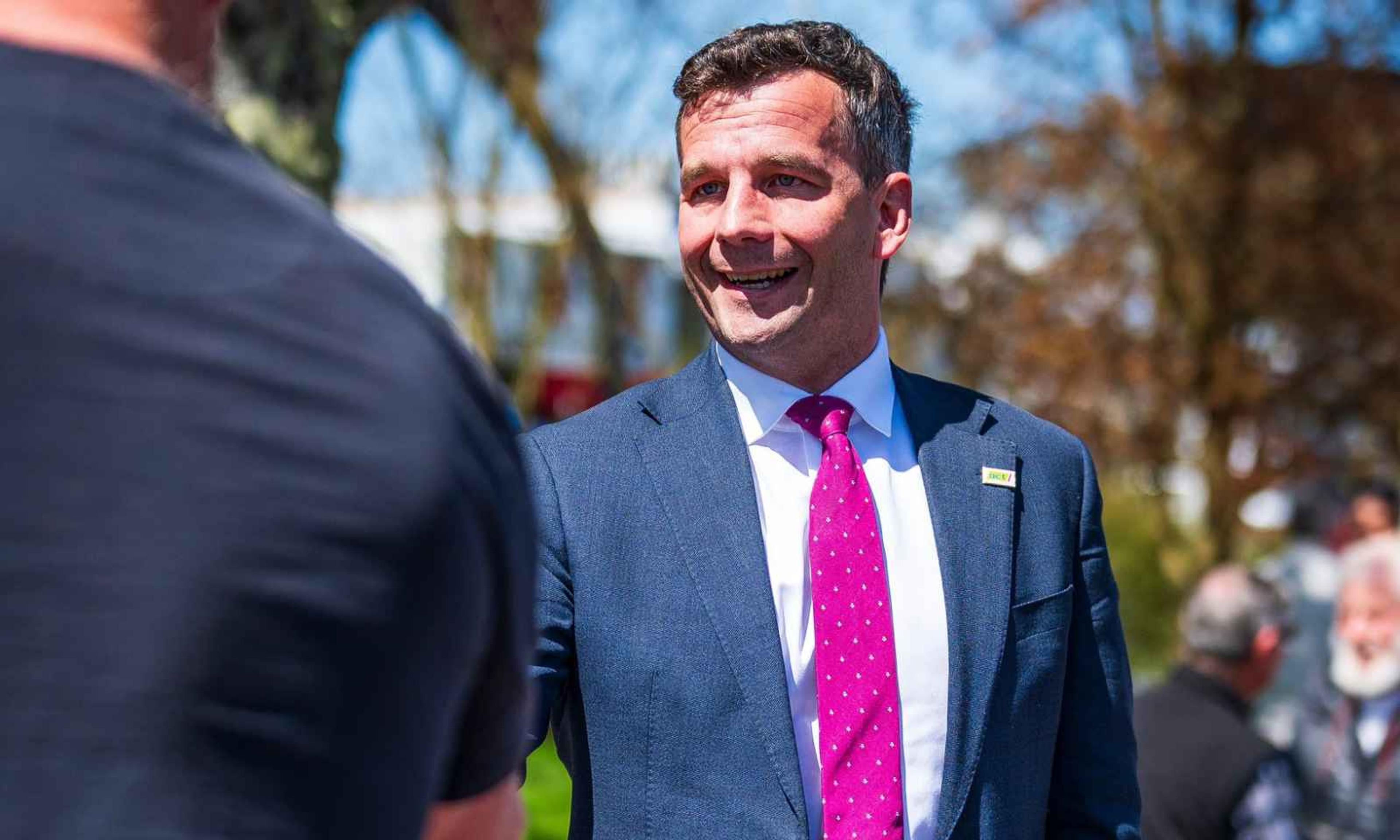

Soko Na Drua roughly translates to mean Drua sets sail, and as this web series shows, the Fijian Drua Super Rugby team is set for big things.
Photo/ PMN News/ Eroti Navuku
The Drua: The Flying Fijians’ not-so secret ingredient to success
A new web series delves into how a local rugby revolution in Fiji is laying the foundation for its national team’s recent Rugby World Cup achievements.


Pacific leaders back NZ kava reforms but warn of risks for smaller businesses in Tonga

Pacific child poverty rises as Deputy PM points to economic growth as solution

Lantern Festival 2026 tickets sell out, visitors urged to plan ahead

Miss Cook Islands 2026, reflections of a Pacific Island beauty queen

Pacific leaders back NZ kava reforms but warn of risks for smaller businesses in Tonga

Pacific child poverty rises as Deputy PM points to economic growth as solution

Lantern Festival 2026 tickets sell out, visitors urged to plan ahead
Long before Fiji was matching it with powerhouse rugby nations like Australia, Wales and England, its seafarers would travel the Pacific in fast yet agile double-hulled vessels known as Drua. The name was also aptly bestowed on the country’s local Super rugby franchise when it was established in 2022.
But when Pacific Media Network planned to travel to Fiji earlier this year to create a documentary on the impact of the recent election, we had little reason to suspect we would also be witness to the beginnings of one of 2023's best sporting success stories.
Watch part one of reCoup - Charting A New Course - made possible with the support of Pacific Cooperation Foundation.
As two Fiji-born journalists, Eroti Navuku and I are both fans of all of our former home’s rugby teams, which until recently have been best represented by the Olympic gold medal winning Fiji Sevens team.
However when planning our trip, thanks to the support of a Pacific Cooperation Foundation grant, a story on the rapidly improving Fijian Drua wasn’t even on the radar.
But as flights were arranged, it was clear the timing would allow us to watch the Drua’s final home game against the Queensland Reds and as fate would have it - this would also be the crucial qualification game for a history-making spot in the competition’s playoffs.
The excitement and anticipation in the country was clear from the moment we landed - given the team had barely been in the competition for 18 months . And over our time in Suva, it was obvious the Drua’s emergence was also having a significant impact on the country as a whole.
Fast forward four months and the Flying Fijians are excelling not only due to their astute coaches and superstar talent, but also from having so many players with tried and tested combinations from two seasons of Super Rugby under their belt.
One has to look no further than Drua halfback Simione Kuruvoli, who’s strategic game management and laser-like goalkicking kept the Wallabies at bay in their famous victory. While Fiji’s immense scrum and well-coordinated mauling ensured the vaunted Welsh and Georgian packs were unable to dominate Fiji, unlike previous world cup campaigns.
What is even more telling, which you’ll see in this documentary, is that this franchise is also creating new economic opportunities for businesses and becoming a force to unite Fiji’s societal divides.
But this story has personal significance. Eroti, who filmed and edited this web series, and I differ in many ways. I’m 41 to his sprightly 34. He’s indigenous to Fiji and moved to New Zealand only last year, while my ancestors first arrived in Fiji in the early 1900s, and our family immigrated to New Zealand in 1987 after the first coup d’etat. But one strong commonality we have is following the rise and fall of Fiji rugby since we were old enough to register the meaning of this team to our families and our community.
For myself, having lived in New Zealand much longer, following Fiji rugby is a way to still feel connected to a homeland that I have rarely been able to return to. And when Fiji would win, particularly when it was over New Zealand at the iconic Hong Kong Sevens, I felt like I could walk around my school or workplace just a little bit taller.
But when we lose, the sting lingers long.
Like the heartbreaking loss to France in 1999 when the refereeing was so bad even commentators like Sean Fitzpatrick could see it. While an equally galling loss came in 2003 to Scotland, where Rupeni Caucaunibuca scored two incredible tries, only for some frustrating mistakes and refereeing blunders to cost them a quarter-final spot. In 2007, it was a different story, when guided by the educated boot of Nicky Little, Fiji were able to make the playoffs, only for Little to suffer a horrific knee injury, abruptly ending our side’s chances of further advancement.
So to see Fiji dominate a number of more well-resourced tier one teams so convincingly this year shows that these victories won't be a one-off occurrence.
And it also gives someone like myself that vicarious sense of achievement, and a confirmation that if others from our tiny nation can achieve success, why can’t the rest of us also aim high.
Justin Latif and Eroti Navuku travelled to Fiji courtesy of Pacific Cooperation Foundation.